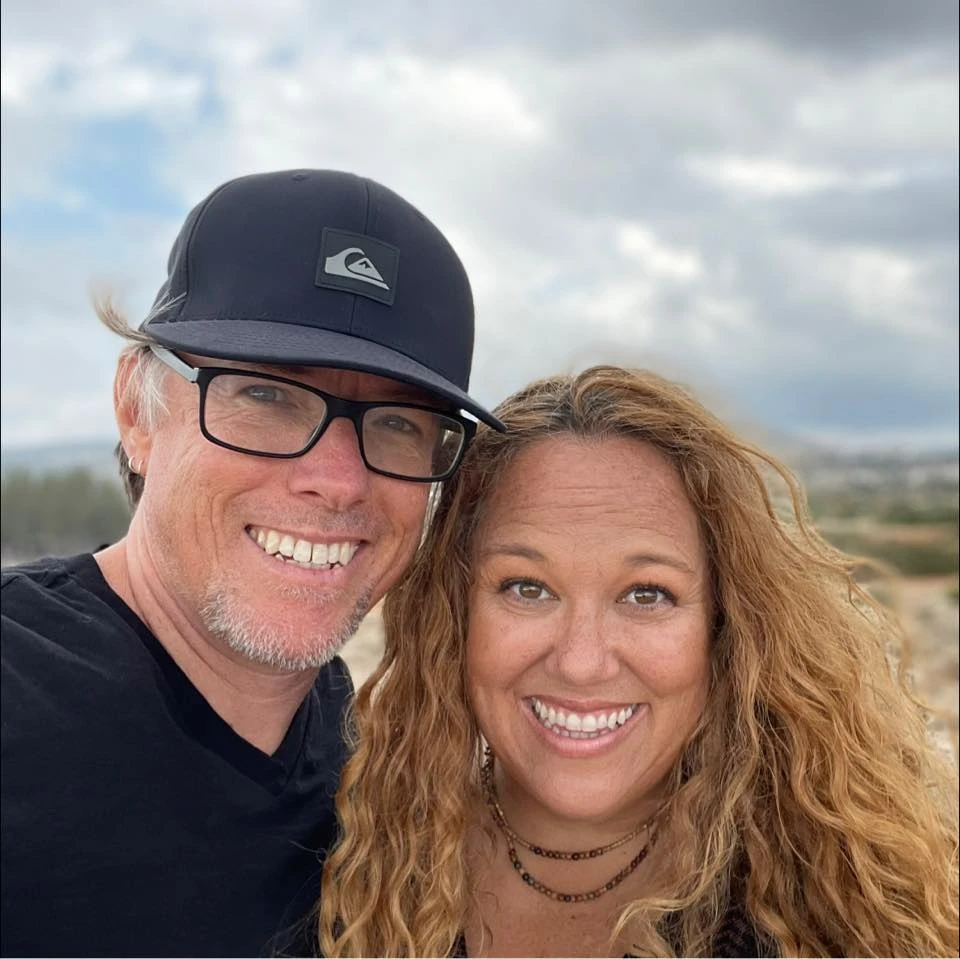POVERTY
I confess that I have been in debt before and found it to be disturbing, distressing, and demoralizing. I was an urban missionary in New York City with a family of six. We did our best to survive in one of the most expensive places to live in the United States. Although my ministry was outreach to the poor and homeless, we found ourselves struggling with poverty as well.
What did this say about my faith? What did this say about God’s provision?
Like most missionary families, we lived very frugally. We ate from food pantries and received groceries that were almost expired or in some cases, completely expired.
We worked long hours feeding the hungry, sharing the gospel, and pouring our lives out for the broken. So why didn’t we have enough to live on? Was God testing us? If so, were we passing or failing that test? It was confusing.
DEBT
With all the penny-pinching we did, we still had crises that put us into debt–especially medical debt. At one point we were $12,000 in debt, which might as well have been a million dollars as far as we were concerned. We had no way to catch up. I was convicted to be a good steward and not dig our family any deeper into a financial hole. I brought my situation to the Lord and committed to put my family before ministry. If he didn’t bail us out, I would leave my ministry position to earn enough somewhere else to take adequate care of their needs.
I took 1 Timothy 5:8 very seriously where Paul writes,
“If anyone does not provide for his relatives, and especially for members of his household, he has denied the faith and is worse than an unbeliever.”
Miraculously, by the grace of God He bailed us out. Out of nowhere, I received a grant that went specifically toward my “salary”. This was a sign from God to keep going, but it was not a sign to quit learning.
Later on in life we continued to struggle with missionary support, had more medical emergencies and accrued debt again. We needed to up our game in how to not only get out of debt, but to stay out of debt.
We have had many missionary friends plagued by crippling debt. Some even end up quitting ministry while still owing unpaid staff fees to their own base. What a sad way to part ways from your spiritual community! This is not what the Lord desires.
Our home church sponsored a financial stewardship training program called Financial Peace University by Dave Ramsey. We learned so much about how to be wise with the resources that God provides.
Proverbs 22:7 says,
“The rich rules over the poor, and the borrower is slave of the lender.”
That is how I felt when I was in debt, like a slave.
In Financial Peace University we learned how to make a plan for our money. I am a creative and frankly, things like numbers and spreadsheets scared me, but the program was light-hearted and entertaining enough that I actually enjoyed it. We also had time in small groups with other couples who were equally confused as to how to get out of debt and manage their money. This program was a gamechanger for us, we systematically escaped debt and determined to pass on every lesson we learned to our four children. We learned to create a saving account and even started putting money towards retirement.
BUDGETING
The first step to getting our house in order financially was to make a budget. I imagined this being like a trip to the dentist–necessary but painful. My anxiety around paying bills or not being able to pay bills was extremely high and I blocked out thoughts and feelings about our finances regularly. In other words, I was in denial. Budgeting turned out to not be as bad as a root canal so be encouraged!
It turns out that Jesus wasn’t afraid to talk about finances at all and many of his best parables had to do with money. God didn’t want us to be poor, but rather wanted us to be blessed because he is a good father who loves his children. One of the keys to financial stability is budgeting and Jesus even talked about that:
Luke 4:28-30
“But don’t begin until you count the cost. For who would begin construction of a building without first calculating the cost to see if there is enough money to finish it? Otherwise, you might complete only the foundation before running out of money, and then everyone would laugh at you. They would say, ‘There’s the person who started that building and couldn’t afford to finish it!’
Jesus was talking about more than just money when he taught to count the cost, but the listeners could relate because creating a budget to succeed in a project was common knowledge. Jesus related an eternal truth to a commonly held belief in order to get his message across.
Many missionaries live from month-to-month hoping and praying that enough support will come in miraculously and sometime it does! However, living from crisis to crisis is not good stewardship. The wisdom Jesus gives is to make a plan.
My wife Mombo and I teach staff regularly at YWAM Kona, but also globally (so far 43 campuses) on how to build a solid missionary partnership team. The first step is to assess where you are at. Figure out how much you need to live and accomplish your calling. Many YWAMers make budgets that are overly meager and attempt to live on almost nothing. That isn’t faith. It’s actually a poverty mindset.
Create a budget that includes your actual living expenses. Use the attached sample worksheet to get started. Next, pray and dream about how your quality of living could improve and what other ministry you could be accomplishing if you only had the funds. Add that to your budget as well.
This is a visionary goal that becomes the target you are shooting for. If you don’t have a specific target, you will never hit it. If you fail to plan, you plan to fail.
According to a study by Dr. Gail Matthews at Dominican University on goal setting statistics, if you write down your goals, you are 42 percent more likely to achieve them. It costs you nothing to write down financial goals, but it costs you a lot to avoid writing them down!
I would suggest that you do goal setting, including budgeting, as a team at your campus so that there is accountability and encouragement. Grow together as a community in spiritual health, relational health AND financial health.
To continue on this journey of discovering how to acquire the money needed to reach your budget goals, walk through a comprehensive training together with your team so that you can process it and practice it in community. This will give courage to overcome fear, learn new skills and help decrease unnecessary suffering and staff turnover.
Today, my wife and I are debt free and fully funded as missionaries. We learned so much in the journey and knew that we had to share this knowledge with our fellow workers in the field.
Now we have a podcast called, The Sweet Life Of Missionary Partnership so that everyone can have access to this vital training. This comprehensive program incorporates many of the YWAM values and features powerful quotes from our founders Loren and Darlene Cunningham.
We have special YWAM guests on the podcast from Africa, Asia, Europe and South America who tell about how they overcame fear, shame and stigmas around building a partnership team. Ultimately, each one became fully funded to follow God’s call on their life to missions.
This podcast is already being used by YWAM workers in 56 countries. This resource is a gift to you and could be a gamechanger for your team like it has for so many others. See links below.
Another great resource is Terry Sherman from YWAM Heidebeek and her Relational Fundraising program. She teaches live and has an online program in multiple languages. Check out relationalfundraising.com.
THE SWEET LIFE OF MISSIONARY PARTNERSHIP PODCAST LINKS:
Mombo and Juan Galloway have ministered in over 30 countries and taught on healthy leadership at over 40 Youth With A Mission (YWAM) University of the Nations campuses internationally over the past 30 years. Their passion is to equip thousands of YWAMers to be healthy leaders who foster prayerful God-sized vision with Holy Spirit-led strategies that work so they can be effective and sustainable for the long-term.



